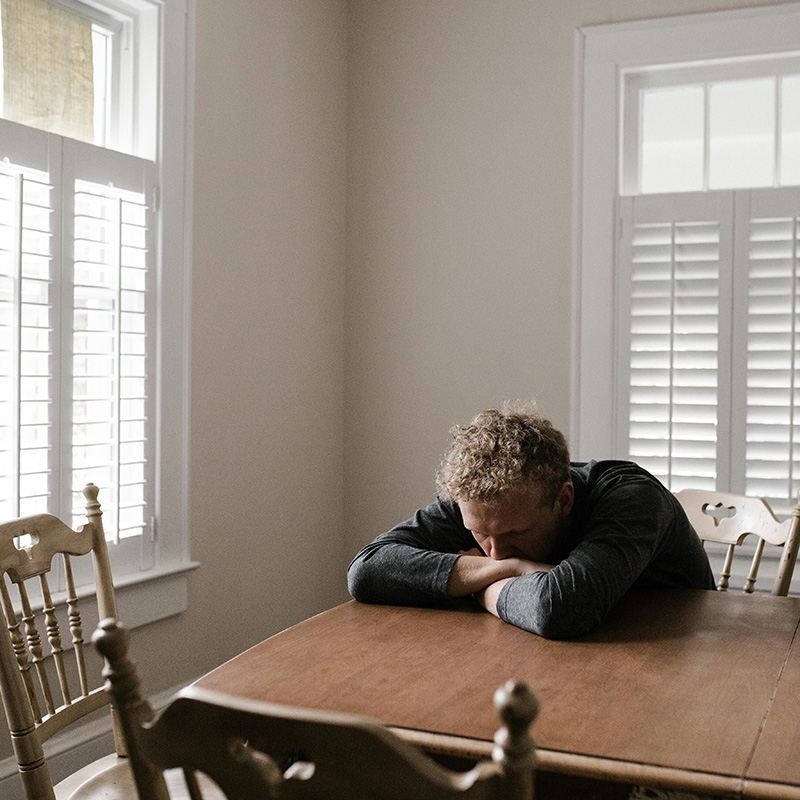Depression is a complex mental health condition that affects millions of people worldwide. Fortunately, there are various treatment options available that can help individuals manage their symptoms and improve their overall well-being. Here’s a look at some of the most effective ways to treat depression.
Therapy
Talk therapy, also known as psychotherapy, is one of the most common and effective treatments for depression. Several types of therapy can be beneficial, including:
- Cognitive Behavioral Therapy (CBT) – Helps individuals identify and change negative thought patterns and behaviors.
- Interpersonal Therapy (IPT) – Focuses on improving relationships and communication skills.
- Psychodynamic Therapy – Explores past experiences and emotional patterns that may contribute to depression.
- Mindfulness-Based Cognitive Therapy (MBCT) – Combines mindfulness practices with cognitive therapy techniques.
Medications
For some individuals, medication can be a crucial component of treatment. Antidepressants work by balancing chemicals in the brain that affect mood. Common types of antidepressants include:
- Selective Serotonin Reuptake Inhibitors (SSRIs) (e.g., Prozac, Zoloft, Lexapro)
- Serotonin-Norepinephrine Reuptake Inhibitors (SNRIs) (e.g., Effexor, Cymbalta)
- Atypical Antidepressants (e.g., Wellbutrin, Remeron)
- Tricyclic Antidepressants (TCAs) and Monoamine Oxidase Inhibitors (MAOIs) (less commonly used due to side effects)
Brain Stimulation Therapies
For individuals with severe or treatment-resistant depression, brain stimulation therapies can be an option:
- Electroconvulsive Therapy (ECT) – A highly effective treatment for severe depression that involves electrical stimulation of the brain.
- Transcranial Magnetic Stimulation (TMS) – Uses magnetic pulses to stimulate nerve cells in the brain.
- Vagus Nerve Stimulation (VNS) – A device implanted under the skin sends electrical impulses to the brain via the vagus nerve.
Self-Help Strategies
In addition to professional treatments, there are self-help strategies that can support recovery and improve mental health:
- Regular Exercise – Physical activity releases endorphins, which can help improve mood.
- Healthy Diet – Eating a balanced diet with nutrient-rich foods can positively affect brain function.
- Mindfulness and Meditation – Practices like yoga and meditation can help reduce stress and promote emotional stability.
- Social Support – Connecting with friends, family, or support groups can provide encouragement and reduce feelings of isolation.
- Good Sleep Hygiene – Maintaining a consistent sleep schedule and avoiding stimulants before bedtime can help improve mood and energy levels.
Finding the Right Treatment
Everyone’s experience with depression is unique, and what works for one person may not work for another. It’s important to consult with a healthcare professional to determine the most suitable treatment approach. Combining multiple treatment methods—such as therapy, medication, and self-care strategies—can often provide the best results in managing depression effectively.
If you or someone you know is struggling with depression, reach out for help. With the right support and treatment, it is possible to overcome depression and lead a fulfilling life.

